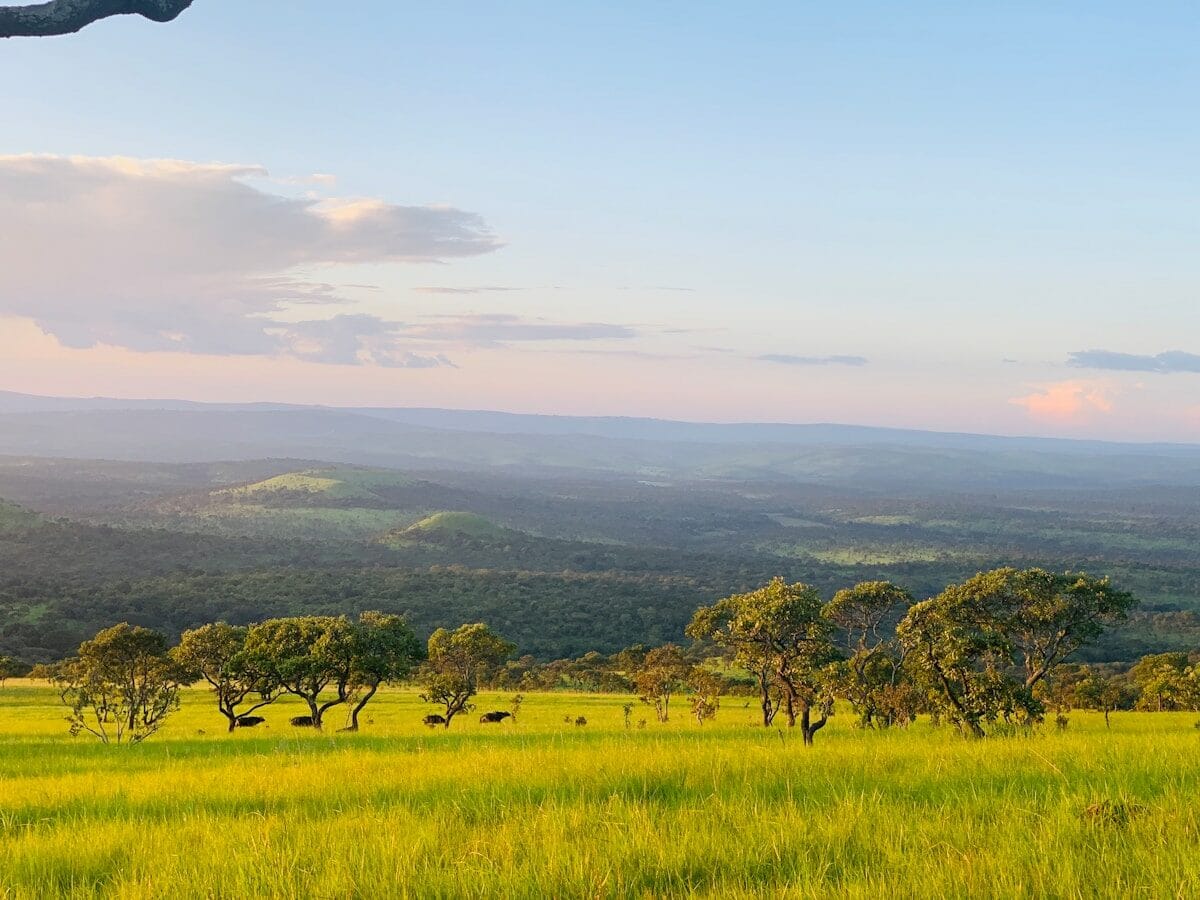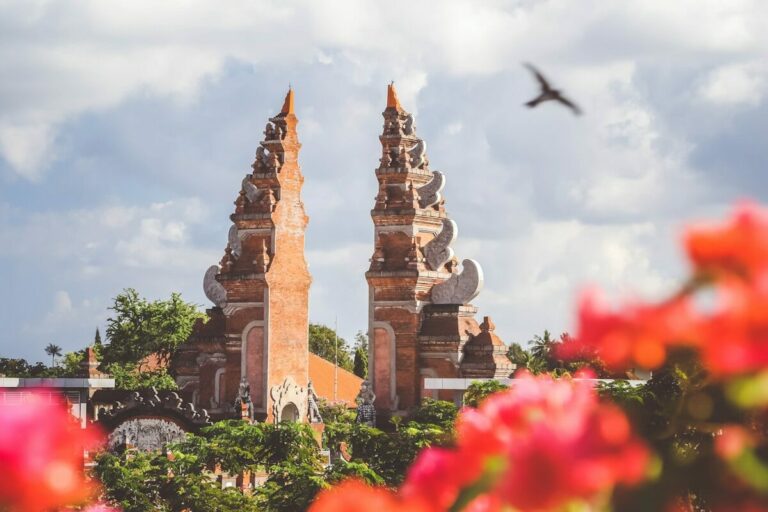Beyond Big Game: Finding Meaning in Burundi’s Heritage and Ancient Cultural Traditions
Experience story-driven travel in Burundi with Augustine Tours—authentic cultural encounters and community connection beyond safari tourism await

The rhythmic thump of the Gishora drum echoes across the hillside as morning mist clings to the emerald slopes of Teza Tea Plantations. Somewhere in the distance, laughter rings out from a rice field where visitors have rolled up their sleeves to join the harvest. This is Burundi – not through a camera lens, but through the warmth of human connection and the pull of stories that have been passed down through generations.
Most African travel brochures lead with lions and elephants, gorilla treks and game drives. Burundi rarely makes those lists. This landlocked nation tucked between Tanzania, Rwanda and the Democratic Republic of Congo doesn’t offer the Big Five. What it does offer is something increasingly precious to modern travellers: the chance to step away from the tourist trail and into a world where stories come before selfies.
The Search for Something More
Travel has changed dramatically in recent years. Over 70% of travellers now seek deep immersion in local culture rather than ticking boxes on a must-see list. Women especially are driving this change, with solo female travel forming a significant segment motivated by authentic cultural connections and meaningful experiences. The era of rushing through landmarks for Instagram posts is giving way to something deeper – travel that feeds the soul rather than just the social media feed.
Augustine Tours, a boutique travel company with 15 years of experience across East Africa, has crafted their seven-day Burundi experience around this new approach. Their founder, Augustin Ndikuriyo, puts it perfectly: ‘This trip is for those who want to learn, not just see. Burundi may not have the Big Five, but it offers the Big Why.’
Where Ancient Traditions Meet Modern Travellers
The heart of any Burundi journey beats strongest at the Gishora Drum Sanctuary, a UNESCO-recognised site where royal drumming traditions have been preserved for over a century. Here, the drummers known as ‘Abatimbo’ don’t just perform – they share the epic poetry and religious ceremonies that have shaped Burundian identity for generations. Visitors find themselves drawn into the rhythmic combat-style dances, surrounded by drums that symbolise everything from farming to fertility.
Augustine Tours ensures travellers experience traditional welcome ceremonies in rural communities, walk the green hills with local guides who know every plant and story and witness the living traditions of the Agasimbo Dancers. These aren’t staged performances for tourists – they’re authentic encounters where cultural exchange flows both ways.
Frank from Connecticut, who has visited 27 African countries, found something special in Burundi that even surprised him. ‘Burundi is not a good destination for an African wildlife safari,’ he admits, ‘but it’s a wonderful destination for its scenic beauty. Lush, green vegetation is everywhere. The rugged mountains are absolutely spectacular.’ His experience walking in Kibira National Park and Rumonge Nature Reserve brought encounters with monkeys, butterflies and interesting birds – wildlife viewing that felt intimate rather than orchestrated.
Moments That Create Lasting Memories
The itinerary reads like a collection of meaningful moments rather than a checklist of attractions. There’s the misty morning walk through the Teza Tea Plantations, where visitors learn about sustainable tea production from farmers whose families have worked these slopes for generations. The conversations flow as easily as the tea, with stories shared over steaming cups as the morning sun burns through the highland mist.
At Karera Waterfalls, the focus isn’t on capturing the perfect photo but on understanding the spiritual significance of these cascading waters to local communities. The Source of the Nile in Rutovu offers another layer of connection – standing at the southernmost point where this legendary river begins its journey to the Mediterranean, marked by a simple pyramid that belies the profound significance of the moment.
These experiences create what researchers call lasting memories that define meaningful travel. Unlike the fleeting satisfaction of photographing famous landmarks, cultural immersion creates emotional connections that travellers carry home long after their luggage is unpacked.
The Pull of Authentic Connection
What draws people to experiences like Augustine Tours’ Burundi adventure is a desire for something more than sightseeing. The pressure to ‘see it all’ – driven by social media and bucket list culture – is giving way to a desire for experiences that change rather than simply document. Conscious travellers increasingly seek journeys that align with their values and promote meaningful cultural exchange.
In Burundi, this means sharing meals with local families, learning traditional crafts and participating in community activities like rice harvesting. The country’s developing tourism infrastructure means these encounters remain genuine – there’s no well-worn path of tourist expectations to navigate around.
Frank’s reflection captures this perfectly: ‘Burundi and Augustine Tours exceeded our expectations.’ His trip delivered something more valuable than a typical safari precisely because expectations were different – focused on learning rather than seeing, understanding rather than collecting experiences.
When Stories Matter More Than Sights
The appeal of story-driven travel extends beyond personal fulfilment. While travel advisories recommend caution, responsible tour operators like Augustine Tours navigate these realities whilst creating safe, meaningful experiences for their guests. Their 15-year history and deep local knowledge allow them to craft journeys that benefit local communities whilst offering travellers genuine cultural insights.
The most profound thing about these trips is how success gets measured. There’s no race to spot animals, no competition to visit the most sites, no pressure to document every moment. Instead, success is measured in conversations that linger, in understanding that grows and in connections that outlast the journey itself.
As more travellers seek experiences that feed their curiosity rather than their social media feeds, destinations like Burundi offer something increasingly rare – the chance to travel at a human pace, to listen more than photograph and to return home not just with stories to tell, but with stories that have genuinely changed how we see the world.
The question isn’t whether Burundi can compete with Kenya’s Masai Mara or Tanzania’s Serengeti – it’s whether we’re ready to discover what happens when we stop keeping score and start paying attention to the stories that surround us wherever we go.




